In Kenya cuttings are cultivated before they grow into geraniums, carnations or poinsettias at the horticultural nursery Selecta one, near Stuttgart. The Swabian garden company Selecta one flourishes mainly thanks to its bridge building with the African continent.
Many companies are growing – the German economy is doing very well. “But when we talk about growing, we mean it literally,” says Per Klemm. As Managing Director of the horticultural nursery Selecta One he works with plants every day. “And the more we aim to produce, the larger the space we need for production purposes.” Visitors to the headquarters of the family-run enterprise in Stuttgart thus need to head out of town; the district of Mühlhausen has enough space for the company’s greenhouses, outdoor facilities and administrative buildings.
Per Klemm runs the company with his twin brother Nils Klemm and with Ulrich Sander. The small and medium-sized enterprise produces bedding and balcony plants, shrubs, grasses and cut flowers – and has been doing at other locations outside Germany for a number of years. 2,500 employees work at eleven sites worldwide for the group of companies. In the warm climates of Kenya, Uganda and Tenerife the company produces cuttings, young unrooted plants, that later grow roots in Stuttgart and are then delivered to several thousand nurseries and wholesale customers all over the globe. Working in this way is also better for the environment. Because according to Per Klemm, “research at Weihenstephan-Triesdorf University of Applied Sciences shows that in terms of the whole carbon footprint of our products, the young plant phase has the lowest share. Producing cuttings under the climatic conditions here in Germany would consume considerably more energy.”
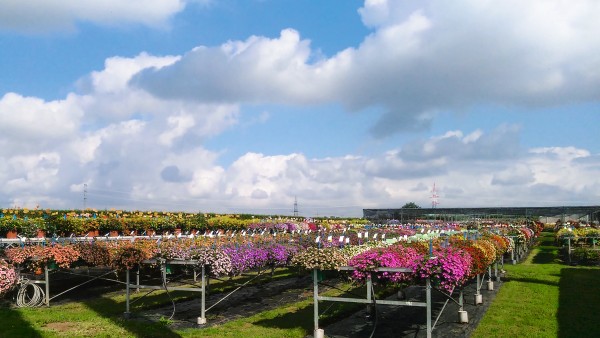
Sea of blossoms
Cuttings turn into glorious plants at the company’s Stuttgart headquarters
Before the cuttings can become glorious plants such as carnations or poinsettias they need to undergo quality control in Stuttgart. That’s why the delicate little plants are lined up on seemingly never-ending tables in 100 metre long greenhouses. Each table can accommodate 135,000 cuttings. Every batch has a yellow sticker with information about where the cuttings are from and who has harvested them. One of the labels indicates that the cuttings that will later become geraniums have already come a long way: They started off in Kenya where Selecta opened a production facility close to the capital, Nairobi, in 1999. Up to 1,300 staff cultivate a production area that has grown to a total of 18.5 hectares.
The fact that Selecta works with the KfW subsidiary DEG – Deutsche Investitions- und Entwicklungsgesellschaft mbH for expanding its production facilities in Africa can be put down to fortunate circumstances, explains Per Klemm. He recalls how he got talking to a Kenyan customer in an aeroplane, who told him about DEG. He suggested Klemm speak to Eric Kaleja, Head of DEG’s representative office in Nairobi at the time. An occasion soon arose and a collaboration began that was to cement the German firm’s connection to the Kenyan location. Normally DEG’s loans are larger than the one extended to Selecta, but “in our case they were glad to provide us with three million euros,” recounts the managing director. Selecta as a German company already involved in the African agricultural sector was a perfect fit for DEG. The 2014 DEG loan to the horticultural company was used by Selecta for expanding surface areas, modernising greenhouses and facilities, and measures for simplifying the work of the employees and making production more sustainable. For instance a new machine cleanses water of residual pesticide, making it reusable.
Geranium cuttings, among others, are part of Selecta one's core business
DEG offers companies more than just financing for investments. It also offers supplementary measures to boost the developmental effects of investments and advises companies as part of its Business Support Services, for example on topics such as resource and energy efficiency. DEG co-financed a feasibility study at Selecta. The aim was to explore whether the farm’s energy supply could be enhanced by solar power. The first module with an output of 50 Kilowatt is already installed. It is worth it simply for the reason that the price of electricity in Kenya is linked to peak demand. The facility reduces this demand and thus lowers the basic costs.
“Another important thing for us is that we can now monitor how much energy we consume and where,” says Klemm. An audit showed where exactly the company can save even more energy. Some recommendations have already been implemented, such as installing LED emergency lighting. “Every little contribution to saving energy is a help,” says Klemm. DEG has also provided support for implementing the ‘HERproject’ on the farm, the National Organization of Peer Educators. The non-governmental initiative offers health and social programmes for schools and companies in East Africa. At Selecta women in particular are given advice. For instance, Zipporah Ndunge Suva has learned how diseases occur, as well as how to recognise and treat them correctly. Family planning and nutrition were also on the curriculum. “The health of our families has improved. And because our children are happy, so are we,” says the young woman who passes on her knowledge to female colleagues in her role as Peer Educator.
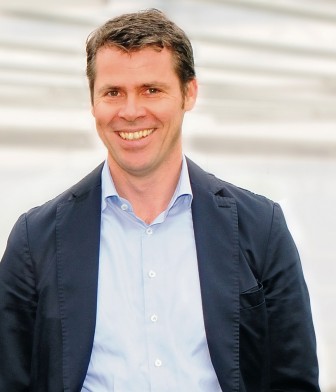
"In daily life we have learned how to handle instability."
In addition to the project supported by DEG, Selecta Kenya offers training on technology, safety and health topics to all staff. This is because many of the workers that start on the farm have a basic knowledge of agriculture, but otherwise very little previous education. New staff gain important knowledge of horticulture directly on the job. As the training is given orally, staff who cannot read and write can also benefit. The company therefore paves the way for Kenyans with and without school education to enter the workplace.
Source
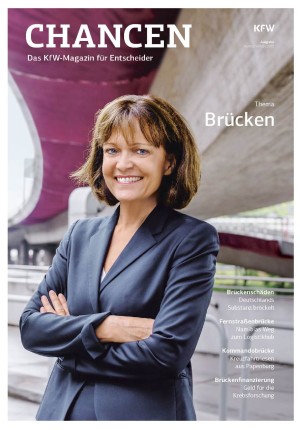
This article appeared in CHANCEN "Brücken" (Bridges) Autumn / Winter 2015.
To German editionPotential employees on the farm have to be at least 18 years of age. According to seniority, employees at the company earn on average 10,000 Kenyan Schillings – 25 percent more than the legally prescribed wage for agricultural workers. Furthermore, staff enjoy a range of social benefits such as warm meals, or the option to be treated in a small clinic on the farm. A shuttle bus also brings employees safely from the highway that is about seven kilometres from the farm. Otherwise staff have to walk or spend money on bicycles or motorbike taxis. In terms of politics and social issues there are big differences to other locations, explains Per Klemm, who visits every eight weeks. Before elections, people are noticeably uneasy and tense. What's more, he has to set higher standards in terms of security and control systems than in other countries, due to Kenya's high rate of crime.
“In daily life we have learned how to handle instability.” And also the contrasts that are inherent in this country. He is glad that he can offer a future to his staff in Kenya and knows he has a lot to thank them for too: “The opportunities that we have in Africa are decisive for the further growth of our company.”
Published on KfW Stories: Wednesday, 19 April 2017
The described project contributes to the following United Nationsʼ Sustainable Development Goals
Goal 1: End poverty in all its forms everywhere
Around eleven per cent of the worldʼs population lives in extreme poverty. In 2015 that figure was around 836 million people. They had to live on less than USD 1.25 a day. The global community has set out to end extreme poverty completely by 2030.

All United Nations member states adopted the 2030 Agenda in 2015. At its heart is a list of 17 goals for sustainable development, known as the Sustainable Development Goals (SDGs). Our world should become a place where people are able to live in peace with each other in ways that are ecologically compatible, socially just, and economically effective.

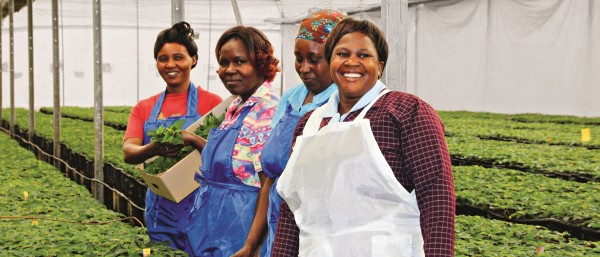
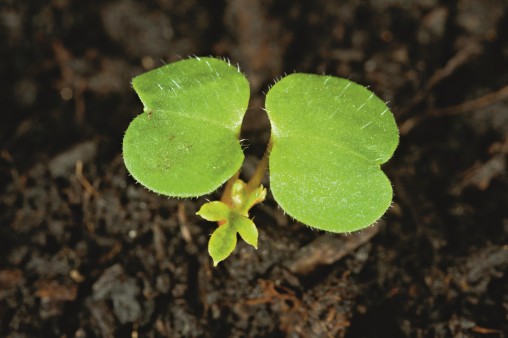
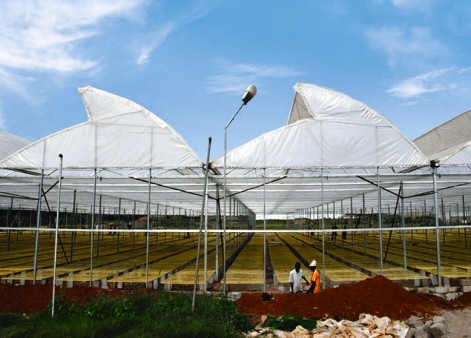
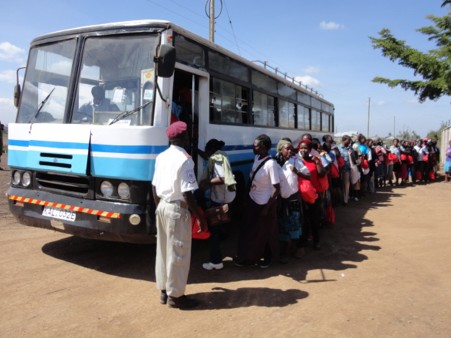
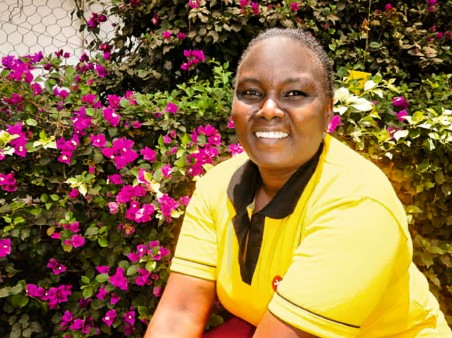
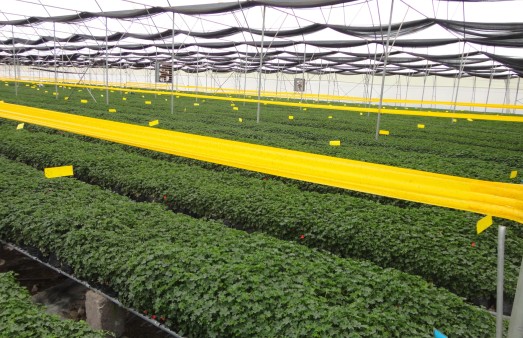
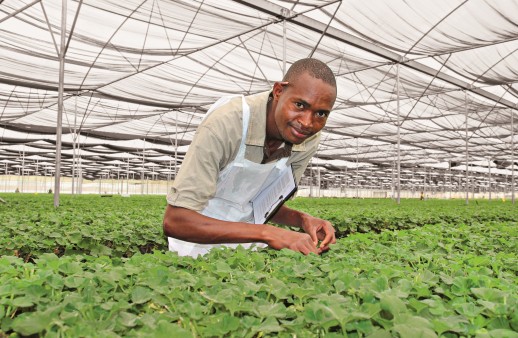
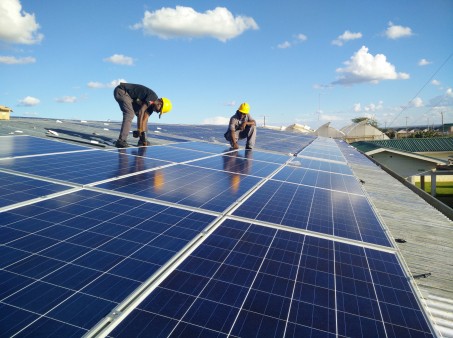
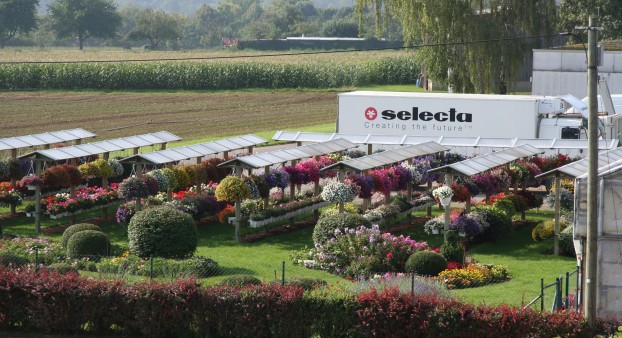








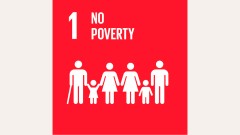
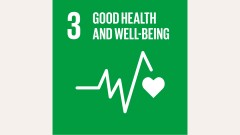
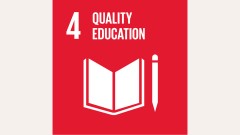
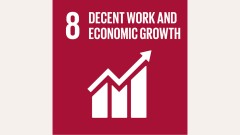
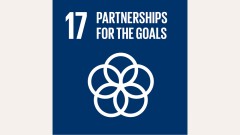

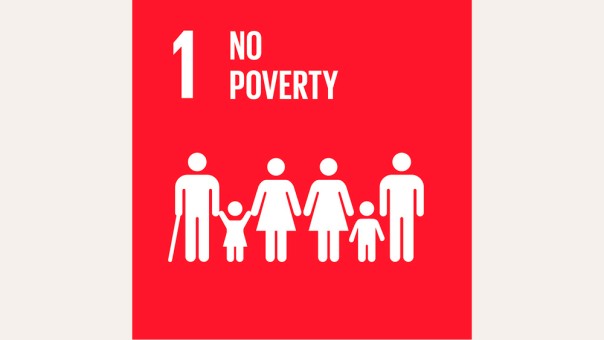
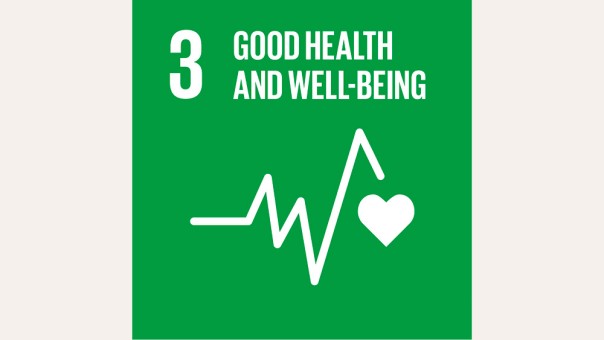
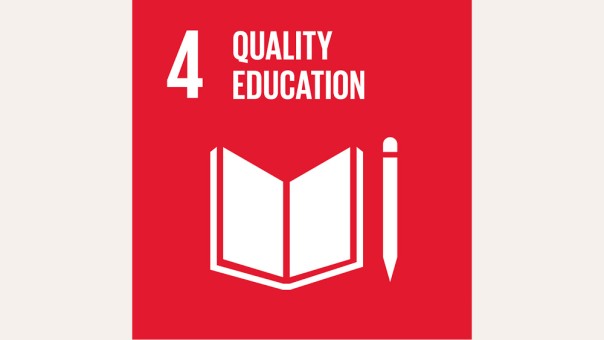
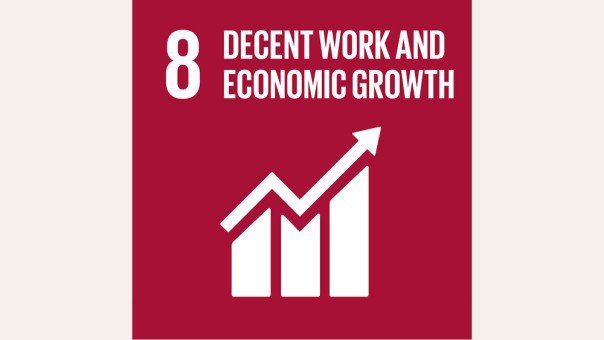
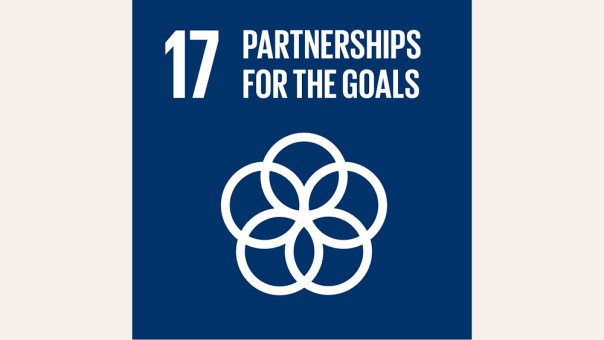

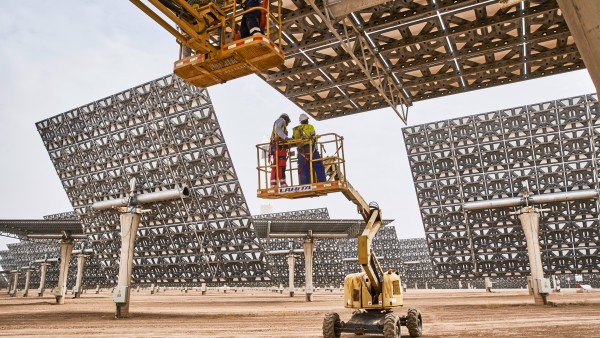
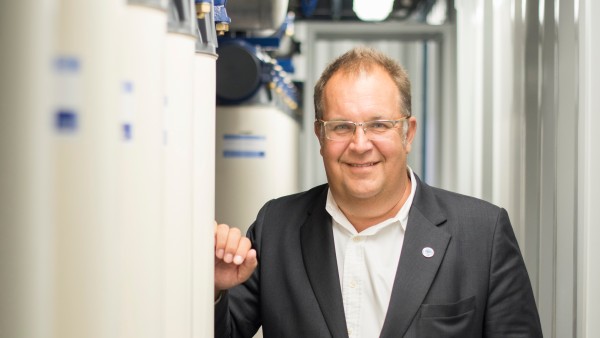
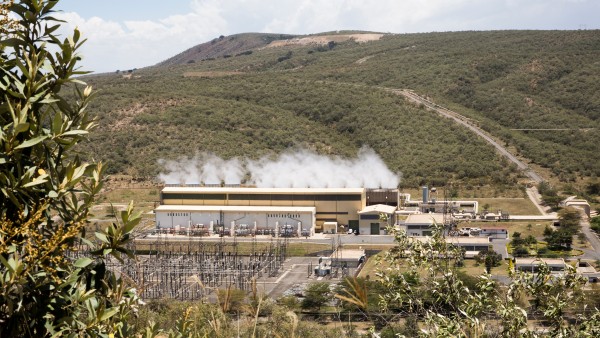
Data protection principles
If you click on one of the following icons, your data will be sent to the corresponding social network.
Privacy information